HCG Diet Guide For 2025: Facts, Safety, Side Effects
Unravel the truth behind this low-calorie but controversial diet for weight loss.

Image: Shutterstock
The hCG diet combines intense calorie restriction with hCG hormone supplements or injections. It has raised eyebrows with its promises of rapid weight loss and has faced scrutiny from various health organizations.
The U.S. FDA approves hCG as a prescription drug for the treatment of infertility. It has not approved the sale of hCG products for weight loss and warns against their use for this specific purpose due to the potential risks, lack of scientific evidence, and legal restrictions (1 ), (2). Further, experts claim that the weight loss is not due to hCG hormone supplement, but is merely a result of drastic calorie cuts. This article explores the truth behind the hCG diet and claims, evidence, and safety concerns regarding the use of hCG hormone for weight loss. Keep reading to learn more.
 At A Glance: The hCG Diet
At A Glance: The hCG Diet- Principle: A diet that emphasizes extreme calorie restriction (500-800 kcal/day) and the use of hCG hormone supplements or injections
- Purpose: Faster weight loss
- Who It Is For: Individuals seeking quick weight loss, often under medical supervision
- Duration: Short-term
- Who Should Avoid: Pregnant or breastfeeding women, people with eating disorders, nutritional deficiencies, and issues related to the heart, kidney, liver, or other serious health conditions, and those taking certain medications
- Cons: May increase the risk of blood clots or blood vessel blockage, and cause nutritional deficiencies, muscle loss, fatigue, edema, irritability, and weight gain
In This Article
What Is hCG?
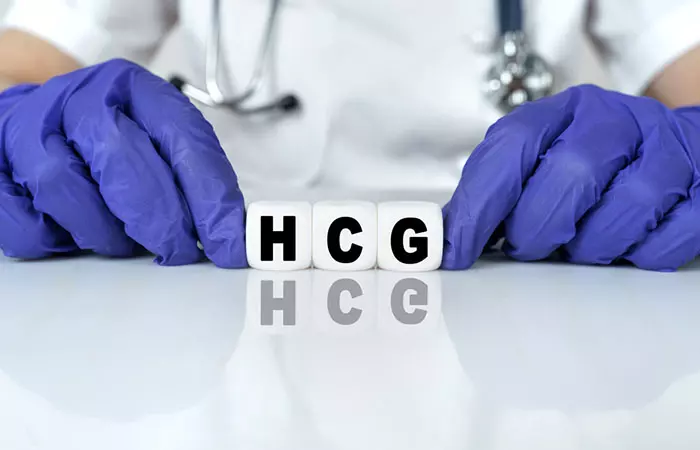
Human chorionic gonadotropin (hCG), also known as the pregnancy hormone, is a chemical produced by the tissues in the placenta. This hormone triggers the body to produce other hormones like estrogen and progesteronei A hormone produced by the ovaries to help prepare and maintain the uterus for pregnancy and fertilizes the egg. , which help thicken the uterine lining to support pregnancy. Not only that, but the hCG hormone is also useful in the diagnosis of certain cancers, such as choriocarcinoma, a rare form of cancer that happens in the uterus or ovaries (3). The hCG levels keep changing as the pregnancy progresses. The next section explains its functions in the human body. Keep reading.

Key Takeaways
- The hCG diet involves taking hCG, the pregnancy hormone, combined with a highly restrictive daily calorie intake, believed to promote rapid weight loss.
- It typically allows consuming 500 to 800 calories per day, which is significantly lower than the recommended daily allowances.
- The diet may lead to side effects ranging from nutritional deficiencies and muscle loss to more severe health risks due to its extreme nature.
- It is important to consult with a healthcare professional before starting the hCG diet due to its potential risks and controversies.
How The hCG Hormone Functions In The Body
1. Helps Confirm Pregnancy
Doctors measure the serum or urine hCG levels to detect pregnancy and to check how it is progressing. It may also help detect abnormal pregnancies and monitor post-abortion status. The hormone acts as a biomarker detectable in blood or urine, confirming the presence of a developing embryo (4).
2. Helps Maintain Early Pregnancy
The hCG hormone helps in the production of progesterone, a hormone that aids in the healthy growth of the embryo. Moreover, it also helps maintain a steady progesterone level to nurture the uterine lining (5).
3. Improves Fetal Tolerance
The hCG hormone is important for embryo implantation, which is the first stage of gestation (the period when the embryo develops in the womb). It also helps to maintain the immune responses and helps generate the treg cells that have a pregnancy-protective effect and help prevent fetal rejection (pregnancy failure). It also ensures the fetus receives sufficient nourishment (6).
4. Helps Treat Infertility
Doctors may use hCG hormone in combination with other medications to treat infertility and increase the chances of pregnancy. A study shows that a dose of 200 IU of hCG may be effective in the late development of ovarian follicles and can show positive pregnancy outcomes (7).
There has been growing interest in the public regarding the usage of hCG supplementation for weight loss. While this is not really a safe way to lose weight, if you are curious about the idea behind the hCG diet, take a look at the section below.
What Is The hCG Diet?
The hCG diet is a weight loss regimen that combines a strict low-calorie intake (usually 500-800 calories per day) with the hCG hormone, which is either injected or taken orally in the form of supplements. It was designed by a British physician named Albert Simeons in 1954. He claimed that the diet helps suppress appetite, increase metabolism, and target fat stores in body parts like the hips, thighs, and belly for energy, resulting in rapid weight loss (8).
However, the claims are highly controversial and there has been no concrete evidence proving its efficacy (9). The next section explains the idea behind this diet plan and how it is thought to work.
How Does The hCG Diet Work?
The low-calorie diet for weight loss works on the following principles:
1. Dietary Phases And Hormone Supplements
The diet involves a severe reduction in daily calorie intake (500-800 kcal per day), which aids in weight loss. The diet is divided into three phases that gradually reduce the calorie intake by including low-calorie foods and taking hCG supplementation with the meals. In the last phase of the diet, the calorie intake is gradually increased.
The hormone supplements are given under the supervision of a healthcare expert either through injection and drops or oral tablets. The hCG supplements are claimed to encourage the body to release stored fat for energy from body parts (like hips and belly) with stubborn fat deposits while preserving lean muscle mass.
2. Strict Food Choices And Duration
The dietary pattern emphasizes consuming high-calorie foods during the first phase and drastically reduces the calorie intake during the calorie-restricted second phase. The food choices mainly include lean proteins, vegetables, and minimal carbohydrates and fats. The diet is usually followed for up to 6 weeks, based on individual goals and health requirements.
However, the role of hCG supplements in weight loss is questionable. A study has suggested that the weight loss observed on the hCG diet is due to severe calorie restriction rather than the hormone itself (10). Take a look at the advantages of this diet in the next section.
Advantages Of The hCG Diet
1. May Aid In Weight Loss
The hCG diet may lead to quick and significant weight loss, often within a few weeks. It is mainly due to restricting carbohydrate intake, as a low-carb diet may induce rapid weight mainly due to water loss and glycogen depletion. However, there is no evidence for the role of hCG in weight loss (10), (11).
2. May Help Suppress The Appetite
A low-carb dietary approach helps boost satiety, which may keep you full for longer and reduce food intake, leading to weight loss (11). Since the hCG diet also restricts carb intake, it may suppress your appetite. Proponents of the hCG claim that the hormone acts as an appetite suppressant, making it easier to adhere to the low-calorie diet. However, there is no scientific study to back this claim.
The hCG diet is divided into three phases. Let’s understand the phases in detail in the next section.
Phases Of The hCG Diet
1. The Loading Phase
This phase continues for two days during which you may consume high-calorie, high-fat foods. This phase prepares the body for the strict calorie restriction during the next phase. The hCG hormone supplementation also starts during this phase.
2. The Calorie-Restricted Phase
This phase forms the core of the diet and lasts for 3 to 6 weeks. During this phase, daily caloric intake is sharply reduced to around 500-800 calories and the hCG supplements continue. You don’t need to exercise during this phase.
During the second phase of the hCG diet, you may consume two meals per day, typically lunch and dinner. You have to stay well-hydrated by drinking adequate water, apart from other beverages like coffee and tea. During this phase, regular check-ups with a healthcare practitioner are essential to evaluate health markers and ensure your health remains optimal.
3. The Maintenance Phase
This phase starts once you have reduced your desired amount of weight. During the maintenance phase, you will gradually increase your calorie intake to 1500-2000 calories per day over 3 weeks. The hCG supplementation is gradually reduced and then discontinued.
 Quick Tip
Quick TipThe hCG diet allows only specific foods during each phase. Let’s take a look at the foods that are included and excluded from the diet.
Foods To Eat And Avoid On The hCG Diet

Foods To Eat
During the first phase, you can consume high-fat foods like:
- Eggs
- Bacon
- Avocados
- Salmon
- Nuts
During the second phase, you can eat from the following food options:
Lean Proteins
- Chicken
- Turkey
- Lean cuts of beef (tenderloin or sirloin), pork, and lamb
- Veal
- Whitefish
- Shellfish
Note
: You can consume 85g of lean protein every day.
Vegetables
- Spinach
- Lettuce
- Cabbage
- Tomatoes
- Asparagus
- Cucumbers
- Celery
- Broccoli
- Cauliflower
- Green beans
- Radishes
- Bell peppers
- Onions
- Zucchini
- Brussels sprouts
Fruits
- Apples
- Strawberries
- Oranges
- Grapefruit
- Berries (blueberries, raspberries)
Note
: Fruits are allowed only in moderation as snacks or during lunch and dinner.
Carbohydrate
- Grissini breadsticks (in limited quantities)
- Melba toast
Beverages
- Water
- Coffee
- Tea
Condiments And Seasonings
- Salt
- Pepper
- Mustard
- Vinegar
- Garlic
- Basil
- Parsley
- Thyme
- Oregano
- Cayenne pepper (for added flavor)
- Stevia (as a sugar substitute, in moderation)
During the maintenance phase, you can follow the same food list, just increase the quantity.
Foods To Avoid
During the second phase, these are the foods you should avoid:
Starchy Vegetables And Grains
- Potatoes
- Sweet potatoes
- Corn
- Peas
- Rice
- Pasta
- Quinoa
- Oats
Sugary Foods
- Candy
- Chocolate
- Ice cream
- Pastries
- Cookies
- Sugary cereals
Fatty Foods And Dairy
- Avocados
- Nuts and seeds
- Oils
- Butter
- Full-fat dairy (cheese, cream, whole milk, yogurt)
Processed Or Fatty Meats
- Fatty cuts of beef (ribeye steak)
- Dark meat poultry (chicken thighs)
- Pork cuts like bacon or sausage
Processed And Fried Foods
- Fast foods
- Chips
- Fried chicken
- Any foods deep-fried in oil
Condiments And Sweeteners
- Mayonnaise
- Ketchup
- Honey
- Maple syrup
- Regular table sugar
- Agave nectar
Fruits
- Bananas
- Grapes
- Pineapple
- Mangos
- Dried fruits like raisins or dates
Beverages
- Soda
- Fruit juices
- Sugary drinks
- Energy drinks
- Sweetened iced teas
- Alcoholic beverages
You have to ensure you stick to the approved food list for a particular phase. If you are wondering what meals you can prepare with the foods included in the diet then check out a sample hCG diet meal plan in the following section.
Sample hCG Diet Meal Plan
The Loading Phase
| Breakfast |
|
| Lunch |
|
| Snack |
|
| Dinner |
|
The Calorie-Restricted Phase
| Breakfast |
|
| Lunch |
|
| Snack |
|
| Dinner |
|
The Maintenance Phase
| Breakfast |
|
| Lunch |
|
| Snack |
|
| Dinner |
|
Remember to drink plenty of water throughout the day to stay hydrated. The portion sizes are strictly controlled on the hCG diet, mainly during the calorie-restricted phase, and regular medical supervision is important when undertaking such a restrictive diet to monitor for potential side effects and ensure your safety.
If you want to add some variety to your meal plan, you can try the recipe ideas shared in the next section.
Easy Recipes For The hCG Diet
1. Grilled Lemon Garlic Shrimp
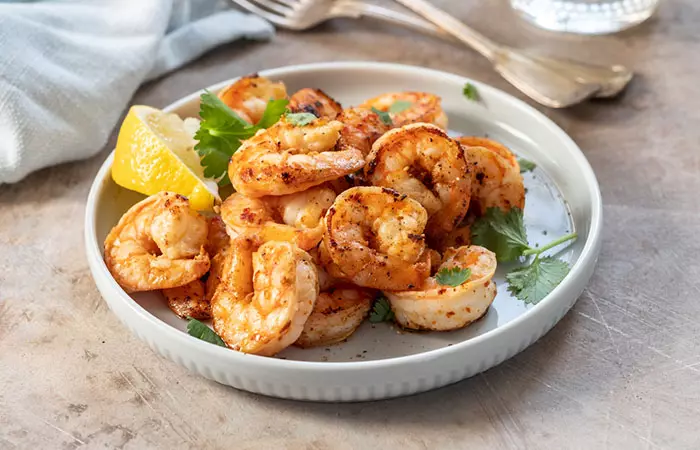
Ingredients
- 200g of shrimp (about 10-12 large shrimp), peeled and deveined
- 2 cloves of garlic, minced
- Juice of 1 lemon
- ½ teaspoon of lemon zest
- Salt and pepper to taste
- Fresh parsley for garnish (optional)
How To Prepare
- Combine the minced garlic, lemon juice, lemon zest, salt, and pepper in a bowl.
- Add the shrimp to the marinade and let them sit for about 5-10 minutes.
- Preheat your grill or grill pan to medium-high heat.
- Thread the marinated shrimp on skewers.
- Grill the shrimp for about 2-3 minutes per side until they are cooked through.
- Serve with a garnish of fresh parsley.
2. Tomato And Cucumber Salad
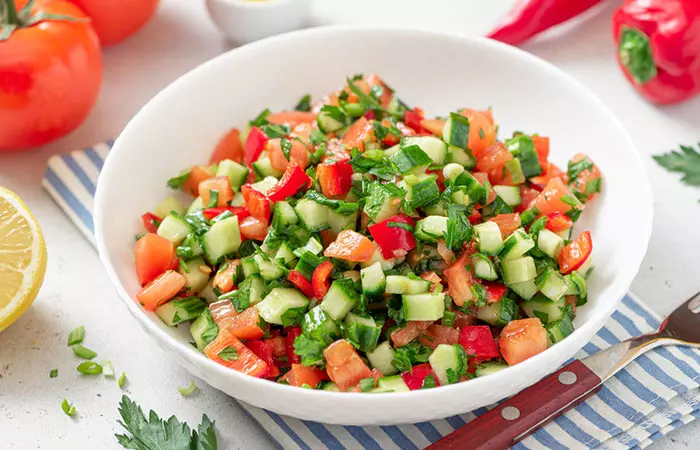
Ingredients
- 2 medium-sized tomatoes, diced
- 1 cucumber, peeled and diced
- ¼ cup of red onion, thinly sliced
- 2 tablespoons of apple cider vinegar
- Stevia or preferred sugar substitute to taste
- Salt and pepper to taste
- Fresh basil leaves for garnish (optional)
How To Prepare
- Combine the diced tomatoes, diced cucumber, and sliced red onion in a bowl.
- Mix together the apple cider vinegar, stevia (to taste), salt, and pepper to create the dressing in a separate bowl.
- Drizzle the dressing over the tomato, cucumber, and onion mixture and toss to coat.
- Garnish with fresh basil leaves.
- Refrigerate for at least 30 minutes before serving to allow flavors to meld.
3. Grilled Chicken With Steamed Asparagus
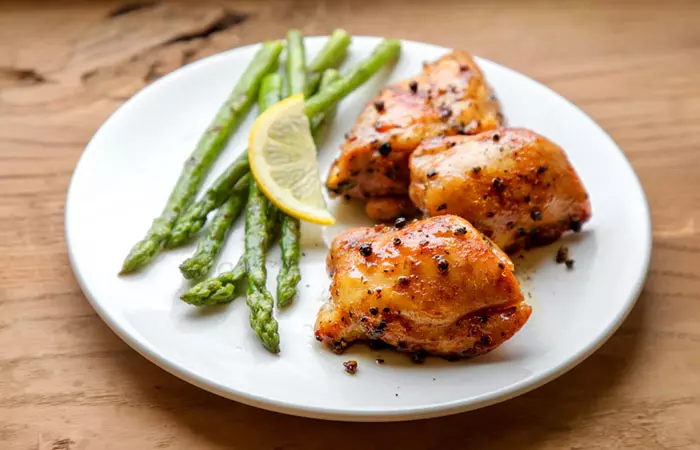
Ingredients
- 100g of skinless chicken breast
- 100g of asparagus
- 1 tablespoon of lemon juice
- Salt and pepper to taste
How To Prepare
- Season chicken breast with salt, pepper, and a splash of lemon juice.
- Grill the chicken for approximately 6-7 minutes on each side or until fully cooked.
- Steam the asparagus for 4-5 minutes or until tender in a steamer.
- Serve chicken with asparagus and an extra squeeze of lemon.
4. Spiced Shrimp And Spinach
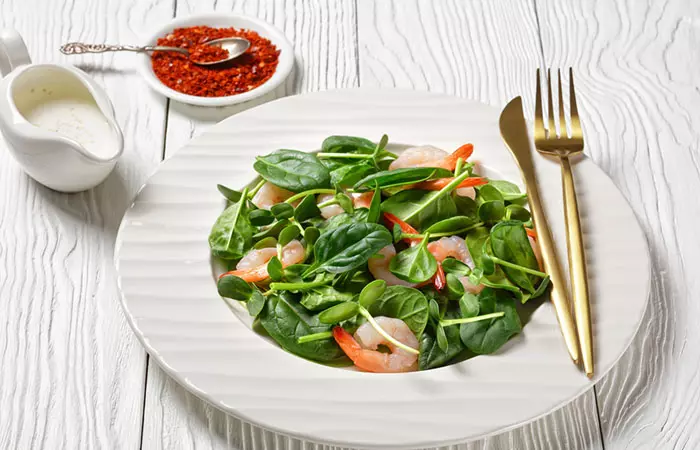
Ingredients
- 100g of shrimp
- 100g of fresh spinach
- 1 clove of Garlic (minced)
- ¼ tablespoon of paprika
- Cayenne pepper (a pinch)
- Salt to taste
How To Prepare
- Sauté minced garlic using a splash of water until fragrant in a non-stick pan.
- Add shrimp, and season with paprika, cayenne, and salt.
- Cook until the shrimp turn pink and are cooked through.
- Serve over fresh spinach.
5. Baked White Fish With Zucchini

Ingredients
- 100g of white fish filet
- 100g of zucchini (sliced)
- Fresh herbs like thyme or dill
- Salt and pepper to taste
How To Prepare
- Preheat the oven to 375°F (190°C).
- Place the fish filet on a baking sheet.
- Season it with herbs, salt, and pepper.
- Arrange zucchini slices around the fish.
- Bake for 15-20 minutes or until the fish is cooked through and the zucchini is tender.
- Serve hot.
The above recipes adhere to the hCG diet guidelines, emphasizing lean proteins, non-starchy vegetables, and portion control. However, it’s crucial to consult with a registered nutritionist before making any significant dietary changes to ensure you are following a safe and appropriate plan for your individual needs. This is especially true if you are atrying out a crash diet like this one.
 Quick Tip
Quick TipThe hCG diet is not approved by healthcare experts and may cause more harm than good. Check out the next section to learn more about the potential side effects of this diet.
Potential Side Effects Of The hCG Diet
1. May Lead To Muscle Loss
The severe calorie restriction (500-800kcal) may lead to skeletal muscle loss, which may weaken your muscles, especially cardiac muscles, and increase the risk of cardiovascular diseases. Moreover, it might impair the muscle’s ability to use glucose, which may increase the risk of diabetes. Muscle loss may also affect overall strength and metabolism (14), (15).
2. May Cause Nutritional Deficiencies
Prolonged adherence to such a low-calorie diet and excluding major food groups may lead to nutrient deficiencies and related health problems like anemiai A condition where the blood lacks enough healthy red blood cells to carry adequate oxygen to the body's tissues. , electrolyte imbalancesi It occurs when the levels of minerals (like sodium, potassium, etc.) in the body are too high or too low, disrupting normal bodily functions. , and immune system impairment (16).
3. May Cause Weight Regain
If your daily calorie intake is below your normal calorie requirement, it causes changes in leptin and insulin, hormones responsible for regulating the feelings of hunger and fullness (17). The deprivation may cause hunger pangs, which might make you feel tired or dizzy or even lead to overeating, causing weight gain.
4. May Reduce Bone Density
The lack of calcium-rich foods, calcium supplements, or dairy product intake during the second phase of this diet may lead to reduced bone density, increasing the risk of osteoporosisi A condition that develops slowly and where the bones become weak, porous, and brittle, increasing the risk of fractures. and fractures in the long run (18).
Infographic: 7 Must-Know Facts About The hCG Diet
The hCG diet is controversial and extremely calorie-restrictive. Even though experts have raised concerns regarding its safety and efficacy, the diet has gained attention due to its claims to help with rapid weight loss. However, it has serious side effects and may lead to numerous health issues. The infographic below covers everything you need to know about the hCG diet before you plan to follow it. Take a look.
Some thing wrong with infographic shortcode. please verify shortcode syntaxWhile the diet has captivated many with its promises of quick weight loss, it is essential to go deeper and understand if it is suitable for your long-term health goals. The hCG diet’s foundation lies in using a hormone primarily associated with pregnancy. Most experts argue that any weight loss observed during this diet may be due to the drastic reduction in calorie intake rather than the hormone itself. The potential risks and concerns surrounding the diet are abundant. So, it is important to consult a healthcare professional before embarking on this weight loss journey. It is better to explore safer alternative and evidence-based approaches to achieving and maintaining a healthy weight.
Frequently Asked Questions
How much weight can you lose on an hCG diet in 21 days?
The hCG diet claims to result in rapid weight loss, with some proponents suggesting you can lose up to 20-30 pounds in a 21-day cycle. However, it is important to note that any significant weight loss on the hCG diet can be dangerous, leading to muscle loss, nutrient deficiencies, and other health issues. Always consult your doctor before starting any weight loss program.
Do you eat breakfast on the hCG diet?
No, one must not eat breakfast according to the traditional hCG diet protocol. You can only drink coffee or tea without sugar in the morning. Lunch and dinner are the main meals where limited food choices are allowed, and each meal usually consists of a lean protein, a vegetable, a piece of fruit, and a breadstick or Melba toast.
Is hCG banned for weight loss?
The FDA doesn’t approve of using hCG for weight loss and has been taking action against marketers who sell hCG hormone supplements labeled as weight loss products. It has been approved to be prescribed as a drug for the treatment of female infertility(1). There is also a lack of scientific evidence to demonstrate its effectiveness in promoting long-term, sustainable weight loss. Many healthcare professionals advise against using hCG for weight loss and recommend alternative, evidence-based approaches.
Illustration: The hCG Diet: Advantages, Side Effects, Meal Plan, And More
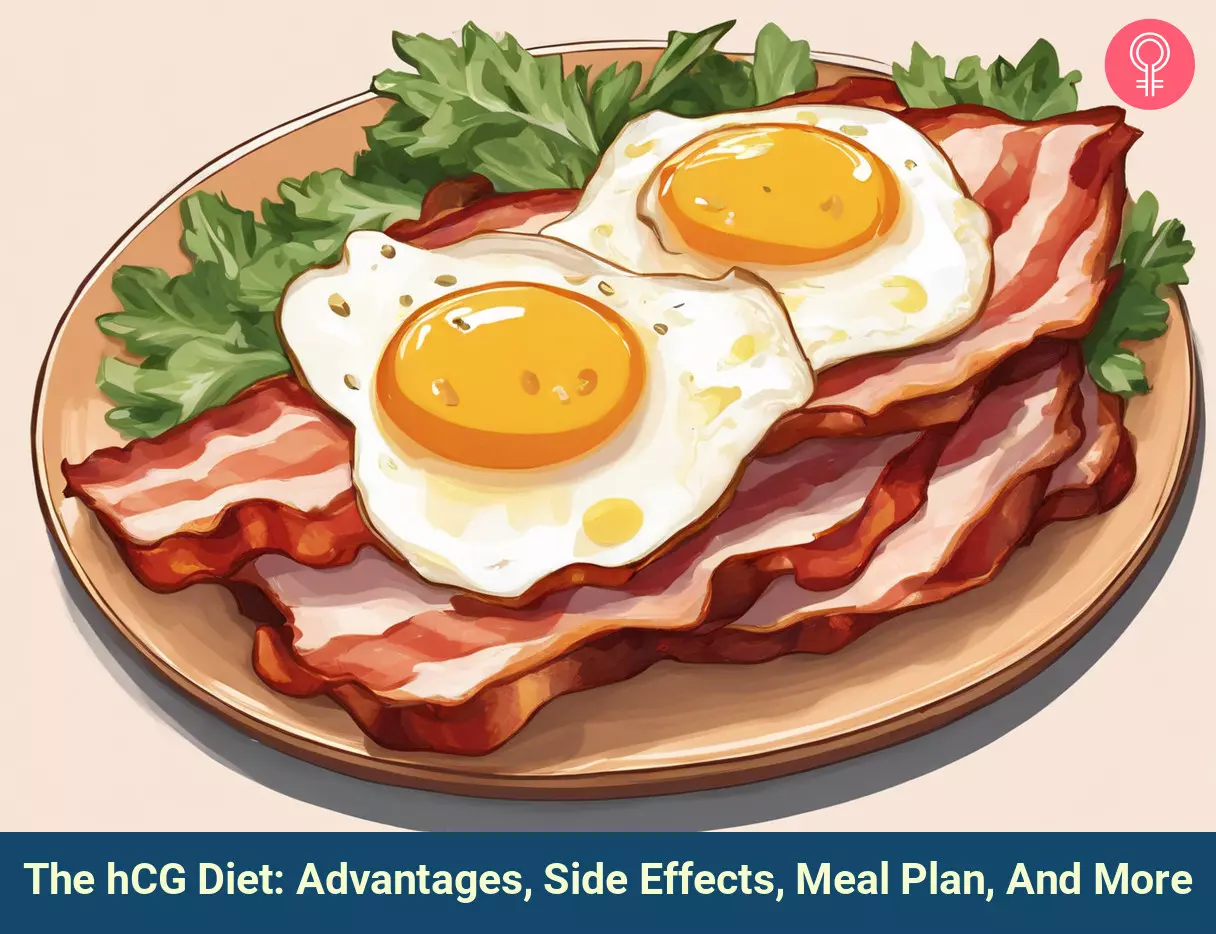
Image: Stable Diffusion/StyleCraze Design Team
There are some important things you must know before you consider following the hCG diet. Learn about the key aspects of the hCG diet, a weight loss approach that’s been generating quite a buzz by watching the video below.
References
Articles on StyleCraze are backed by verified information from peer-reviewed and academic research papers, reputed organizations, research institutions, and medical associations to ensure accuracy and relevance. Read our editorial policy to learn more.
- Avoid Dangerous HCG Diet Products
U.S. Food & Drug Administration
https://www.fda.gov/consumers/consumer-updates/avoid-dangerous-hcg-diet-products - HCG: Yet another fraudulence
https://www.ncbi.nlm.nih.gov/pmc/articles/PMC3425177/ - Human Chorionic Gonadotropin
StatPearls
https://www.ncbi.nlm.nih.gov/books/NBK532950/ - hCG: Biological Functions and Clinical Applications
International Journal of Molecular Sciences
https://www.ncbi.nlm.nih.gov/pmc/articles/PMC5666719/ - Physiology, Chorionic Gonadotropin
StatPearls
https://www.ncbi.nlm.nih.gov/books/NBK556118/ - Human Chorionic Gonadotropin as a Pivotal Endocrine Immune Regulator Initiating and Preserving Fetal Tolerance
International Journal of Molecular Sciences
https://www.ncbi.nlm.nih.gov/pmc/articles/PMC5666847/ - Successful pregnancies in patients with estrogenic anovulation after low-dose human chorionic gonadotropin therapy alone following hMG for controlled ovarian hyperstimulation
https://pubmed.ncbi.nlm.nih.gov/15807221/ - [Risk-benefit analysis of a hCG-500 kcal reducing diet (cura romana) in females]
https://pubmed.ncbi.nlm.nih.gov/3609673/ - Evidence for, and Associated Risks with, the Human Chorionic Gonadotropin Supplemented Diet
https://pubmed.ncbi.nlm.nih.gov/27010890/ - Does the “HCG diet” provide additional weight loss compared with a low-calorie diet alone?
https://journals.lww.com/ebp/citation/2025/12000/does_the__hcg_diet__provide_additional_weight_loss.25.aspx - Low-Carbohydrate Diet
StatPearls
https://www.ncbi.nlm.nih.gov/books/NBK537084/ - Stress and Obesity: Are There More Susceptible Individuals?
https://www.ncbi.nlm.nih.gov/pmc/articles/PMC5958156/ - Sleep Deprivation: Effects on Weight Loss and Weight Loss Maintenance
https://www.ncbi.nlm.nih.gov/pmc/articles/PMC9031614/ - https://www.ncbi.nlm.nih.gov/pmc/articles/PMC8308821/
- Diet and body composition. Effect of very low calorie diets and exercise
https://pubmed.ncbi.nlm.nih.gov/1784876/ - Micronutrient deficiency in obese subjects undergoing low calorie diet
Nutrition Journal
https://www.ncbi.nlm.nih.gov/pmc/articles/PMC3404899/ - Appetite regulation and weight control: the role of gut hormones
Nutrition & Diabetes
https://idp.nature.com/authorize?response_type=cookie&client_id=grover&redirect_uri=https%3A%2F%2Fwww.nature.com%2Farticles%2Fnutd201121 - The use of calcium and vitamin D in the management of osteoporosis
Therapeutics and Clinical Risk Management
https://www.ncbi.nlm.nih.gov/pmc/articles/PMC2621390/
Read full bio of Mary Sabat
Read full bio of Aparna Mallampalli
Read full bio of Ravi Teja Tadimalla
Read full bio of Sindhu Koganti









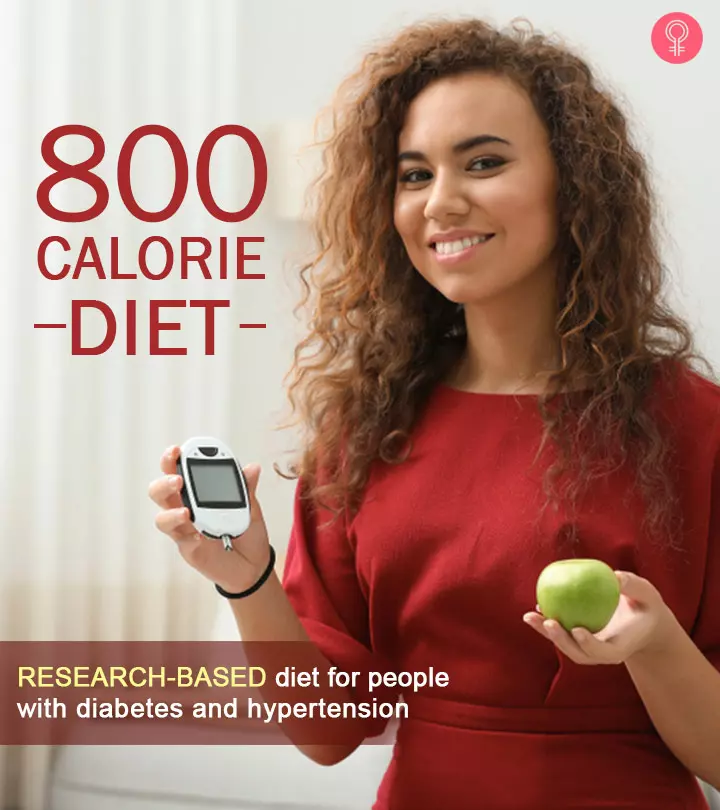
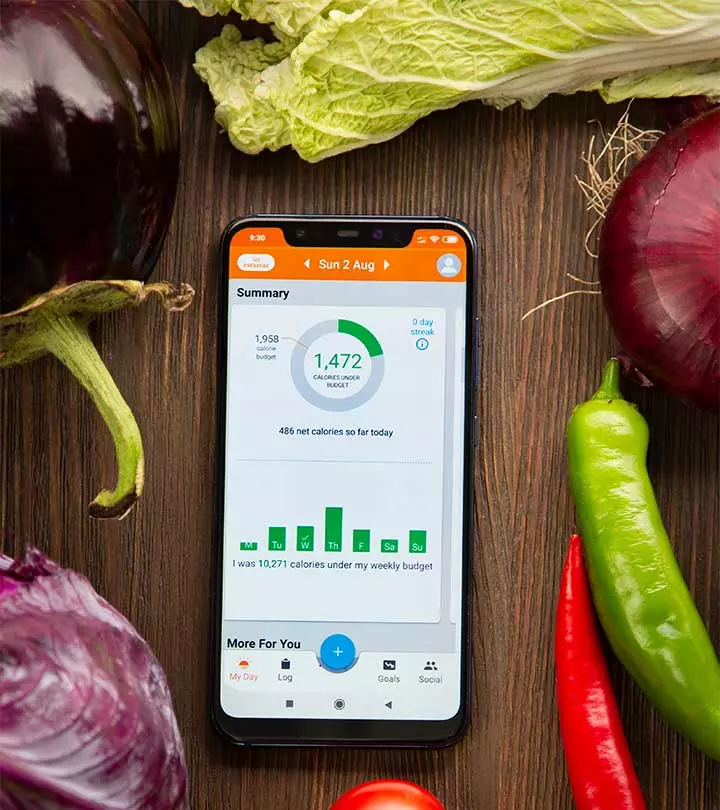
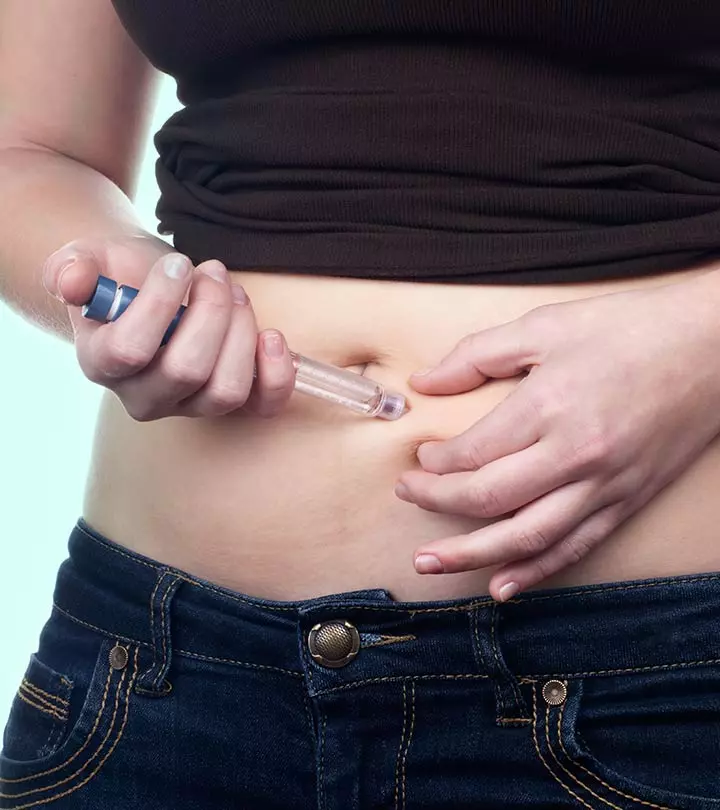
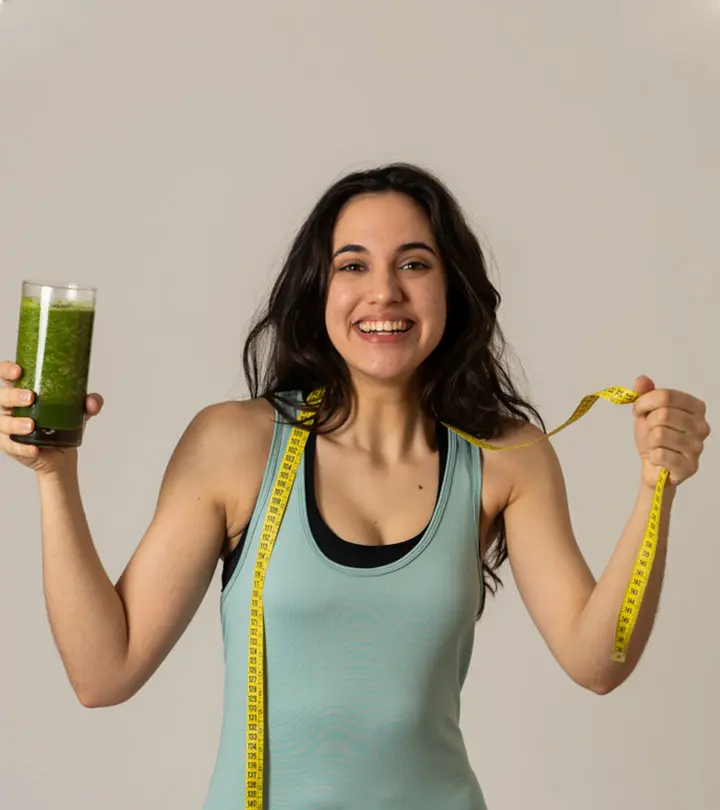


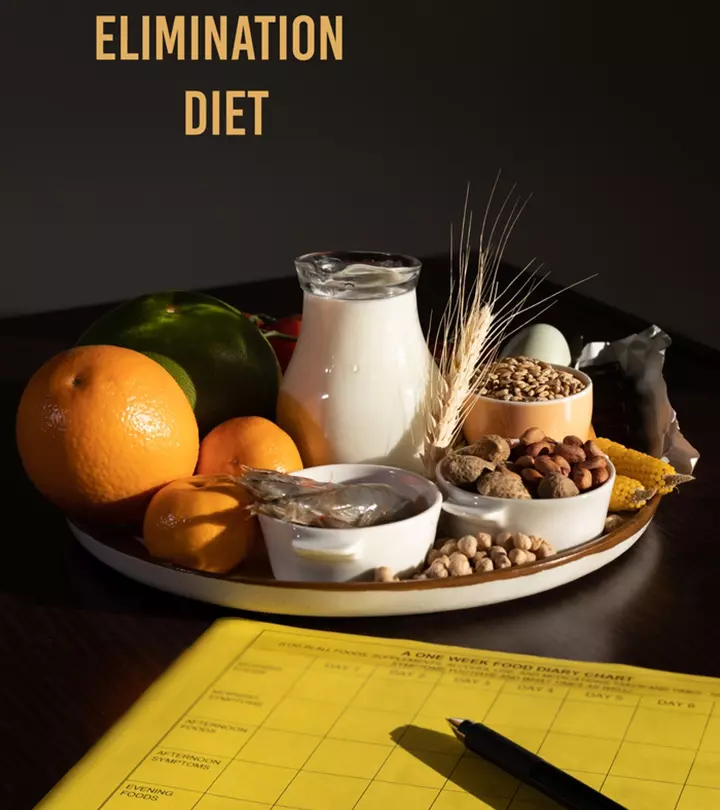
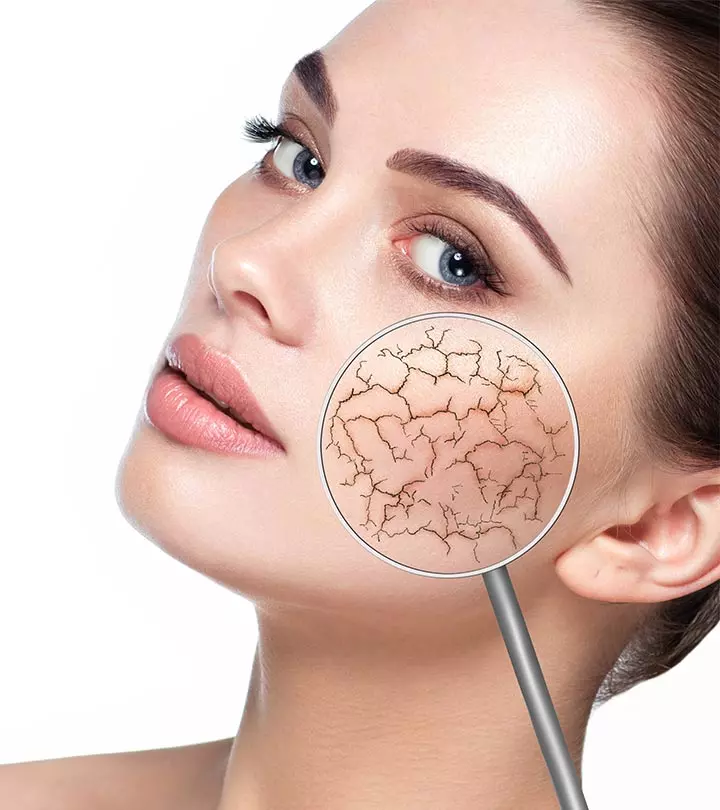


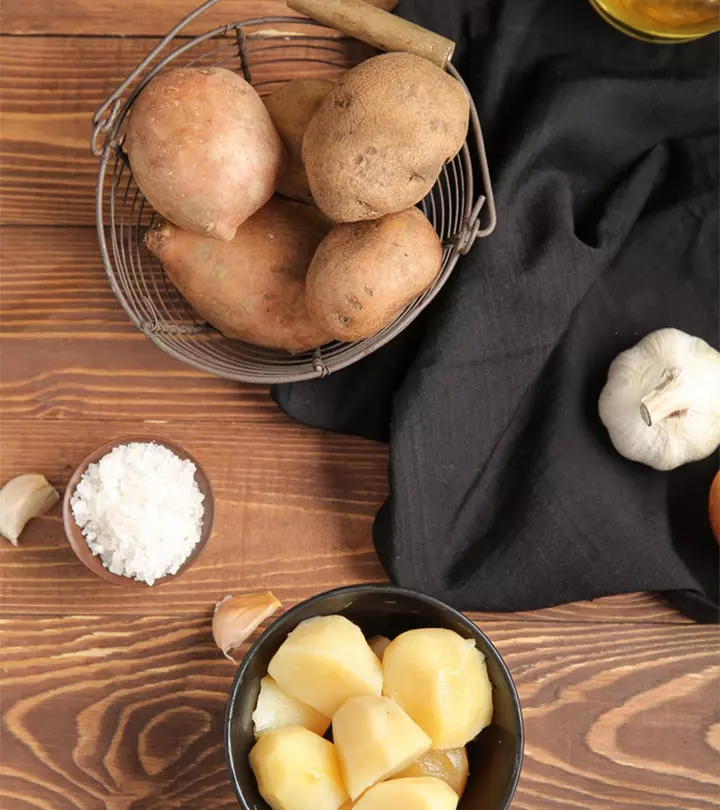

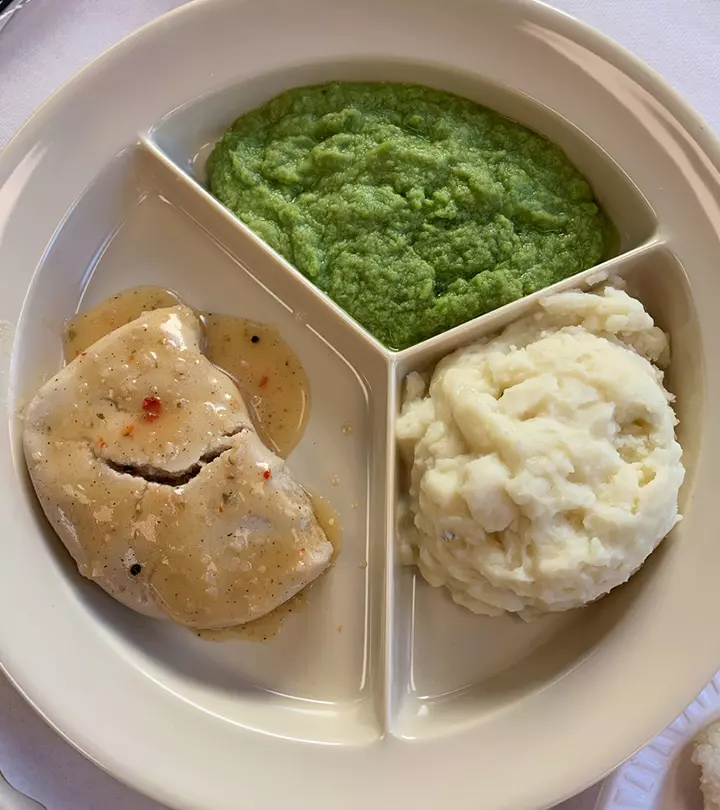
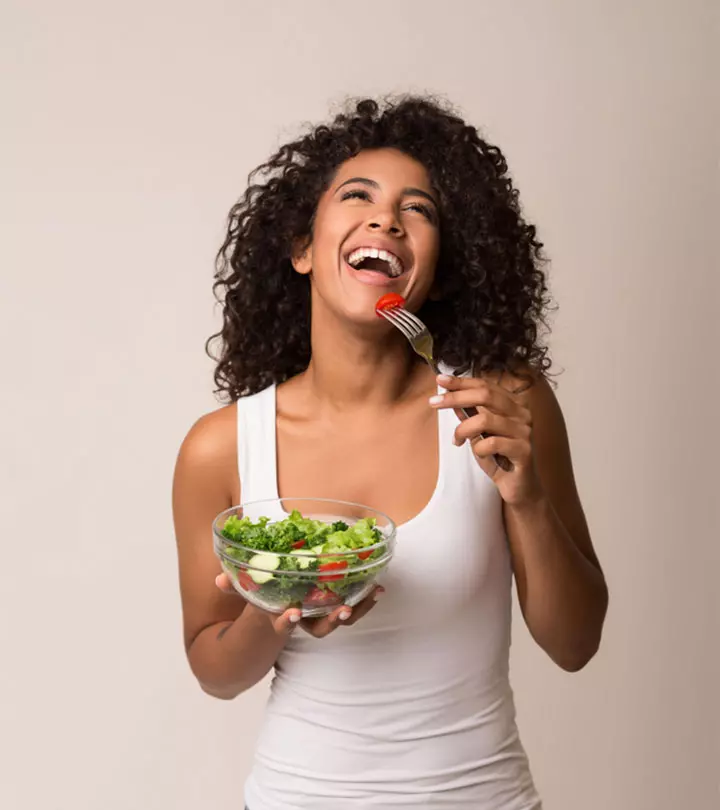

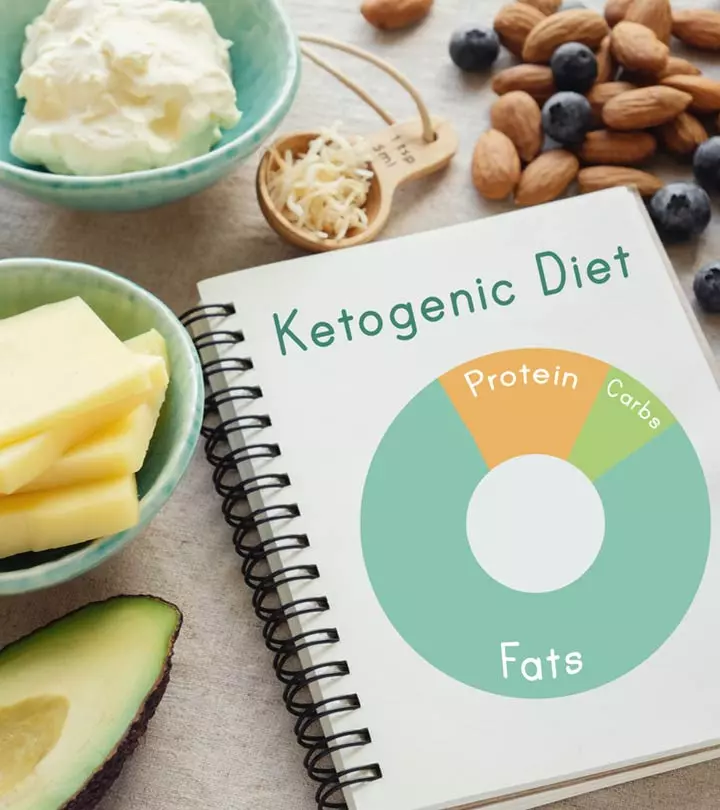
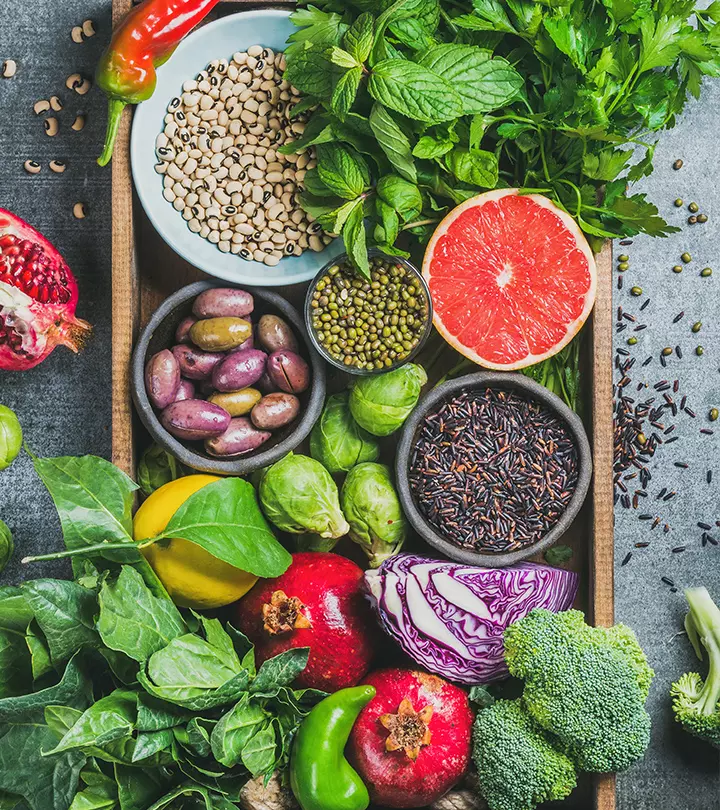
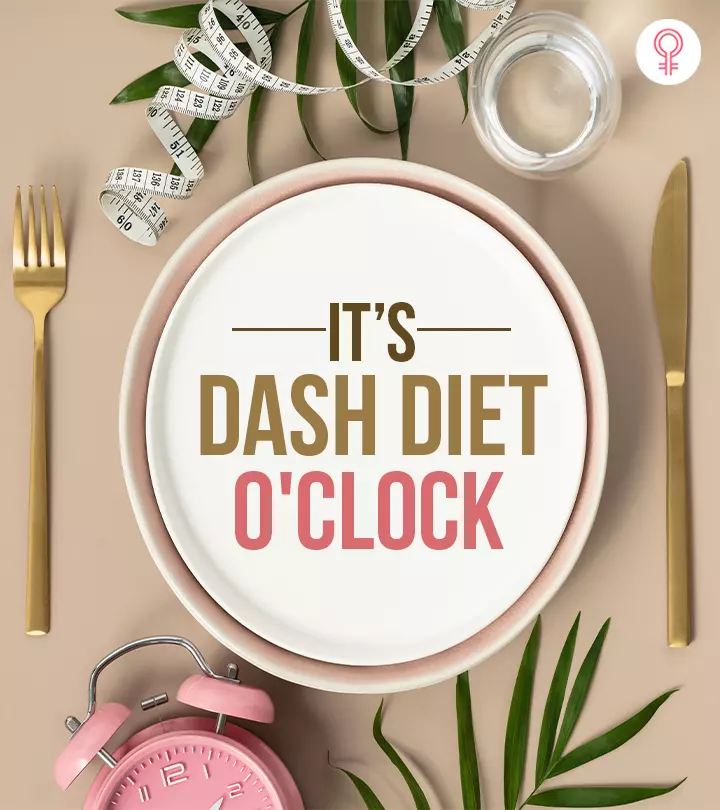
Community Experiences
Join the conversation and become a part of our empowering community! Share your stories, experiences, and insights to connect with other beauty, lifestyle, and health enthusiasts.